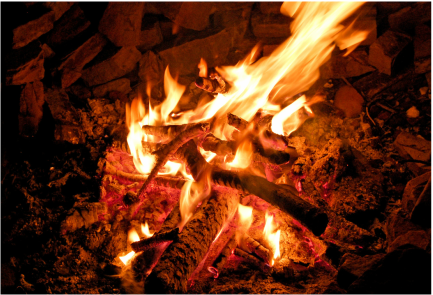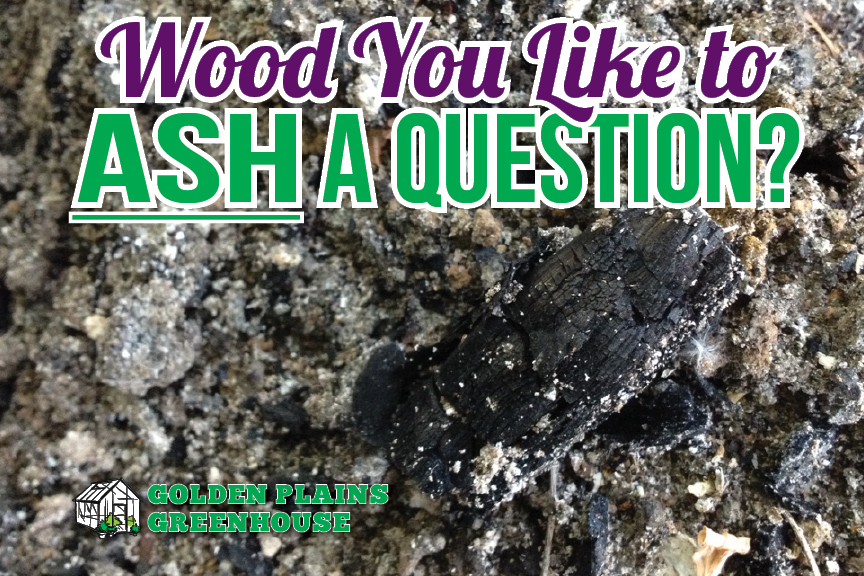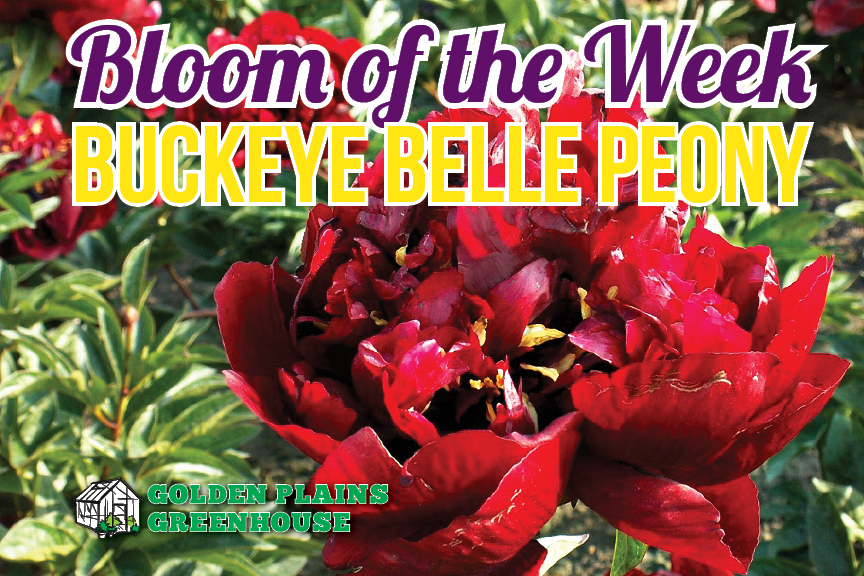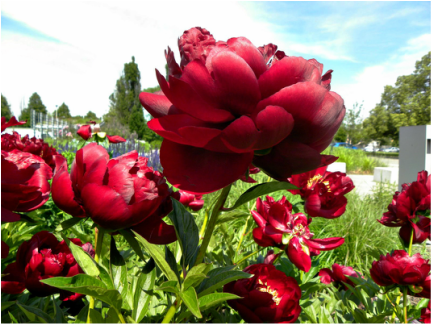I'm probably the only one who finds the title of today's blog post about using wood ash in the garden funny, but hey, life is short so I thought I'd take a chance! Some say I have a great sense of humour, but well... it's only some :-)
So, anyways, onto today's topic: wood ash. If your like us, on summer nights (spring and fall too if the weather co-operates) we love to have people over for a backyard campfire. Enough so, that the ash from the wood we've burnt has piled up and needs to removed to somewhere before the next fire. So, where to move it to???
So, anyways, onto today's topic: wood ash. If your like us, on summer nights (spring and fall too if the weather co-operates) we love to have people over for a backyard campfire. Enough so, that the ash from the wood we've burnt has piled up and needs to removed to somewhere before the next fire. So, where to move it to???

Well, as it turns out, you can use that ash in the garden! But before you go ahead and dump vast quantities of ash into your soil, there are a few things you should know:
Wood ash can be a great addition to the garden, mind you, it does have to be pure wood ash. No bits of garbage, cardboard or pressure treated, painted or stained wood. This ash contains most of the 13 essential nutrients the soil must supply for plant growth, including calcium, potassium and magnesium.
Root vegetables such as carrots, parsnips, turnips, peas and beans will do great with a little bit of added ash, some fruits as well such as raspberries, blackberries and strawberries. Underwater plants can also be strengthened by using 1 spoonful per 1000L of water.
0.5 - 1 lb. per year is actually recommend for shrubs and rose bushes. It's best to spread the ash evenly on the soil around the plants and rake it in lightly, being careful not to damage the roots. Never leave ash in lumps or piles as the concentrated salt leaves will leach into the soil creating a harmful environment for the plants.
Another benefit is that wood ash can be used to help repel insects, slugs and snails. However, once the ash gets wet, the wonderful repelling effect it has vanishes.
However, this being said, being alkaline, wood ash obviously isn’t an ideal addition if your soil already has a pH of 7.0 or greater. Regardless of your pH, it shouldn't be added around acid-loving plants such as blueberries or potatoes either as it can encourage the growth of "potato scab" which is a fungus. Newly germinated seedlings are another thing to stay away from as the ash contains too many salts for them.
So ash I see it (I did it again), using wood ash in the garden has many natural benefits. So I say - go ahead - have those backyard campfires! Roast some marshmallows! You'll only be helping your vegetables if you do :-)
Wood ash can be a great addition to the garden, mind you, it does have to be pure wood ash. No bits of garbage, cardboard or pressure treated, painted or stained wood. This ash contains most of the 13 essential nutrients the soil must supply for plant growth, including calcium, potassium and magnesium.
Root vegetables such as carrots, parsnips, turnips, peas and beans will do great with a little bit of added ash, some fruits as well such as raspberries, blackberries and strawberries. Underwater plants can also be strengthened by using 1 spoonful per 1000L of water.
0.5 - 1 lb. per year is actually recommend for shrubs and rose bushes. It's best to spread the ash evenly on the soil around the plants and rake it in lightly, being careful not to damage the roots. Never leave ash in lumps or piles as the concentrated salt leaves will leach into the soil creating a harmful environment for the plants.
Another benefit is that wood ash can be used to help repel insects, slugs and snails. However, once the ash gets wet, the wonderful repelling effect it has vanishes.
However, this being said, being alkaline, wood ash obviously isn’t an ideal addition if your soil already has a pH of 7.0 or greater. Regardless of your pH, it shouldn't be added around acid-loving plants such as blueberries or potatoes either as it can encourage the growth of "potato scab" which is a fungus. Newly germinated seedlings are another thing to stay away from as the ash contains too many salts for them.
So ash I see it (I did it again), using wood ash in the garden has many natural benefits. So I say - go ahead - have those backyard campfires! Roast some marshmallows! You'll only be helping your vegetables if you do :-)




 RSS Feed
RSS Feed